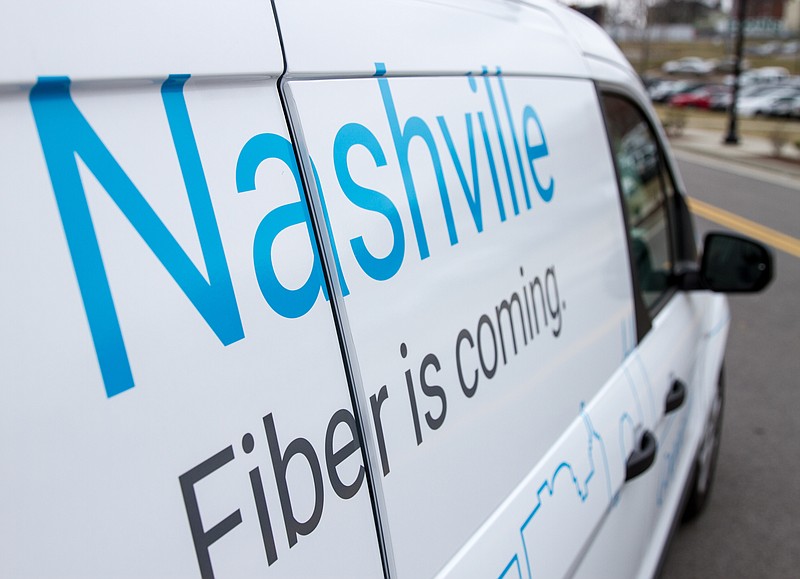NASHVILLE - Nashville officials have voted to allow Google technicians to make room for Google's lines on utility poles by moving other telecoms' lines, in order to bring the company's fiber-optic broadband service to the city, but officials fear a prolonged legal battle could further delay matters.
The Metro Council on Tuesday gave final approval to enact a "one touch" policy that the company has made the focal point of its local Google Fiber rollout, news outlets reported.
The ordinance now heads to the desk of Mayor Megan Barry, who plans to sign the bill into law and called it a "commonsense" approach to achieving faster internet speeds across Davidson County. Still, fearing legal delays, Barry said she wished the providers could have come to an agreement, The Tennessean reported.
"Unfortunately, the likelihood of protracted litigation could delay implementation of this law designed to benefit Nashville's consumers," she said in a statement. "That is why I encouraged fiber providers to work together on a solution they could all agree upon, which they were not able to do."
Google paused its development in Nashville earlier this summer because many of the utility poles needed for lines were already being used by AT&T, Comcast and the Nashville Electric Service.
Supporters of Google Fiber said the service will allow more competition with existing providers Comcast and AT&T, which have both opposed the measure. Those companies have argued that only their own employees should be moving the lines to prevent outages and limit liability and safety concerns.
AT&T has implied in the past that it might sue the city if the ordinance passed. The company has already sued the city of Louisville, Kentucky, over a similar ordinance.
In a statement following the vote, AT&T said the bill is "not a good solution for faster deployment of infrastructure." The companies involved will need to work together on tech issues, AT&T said.
